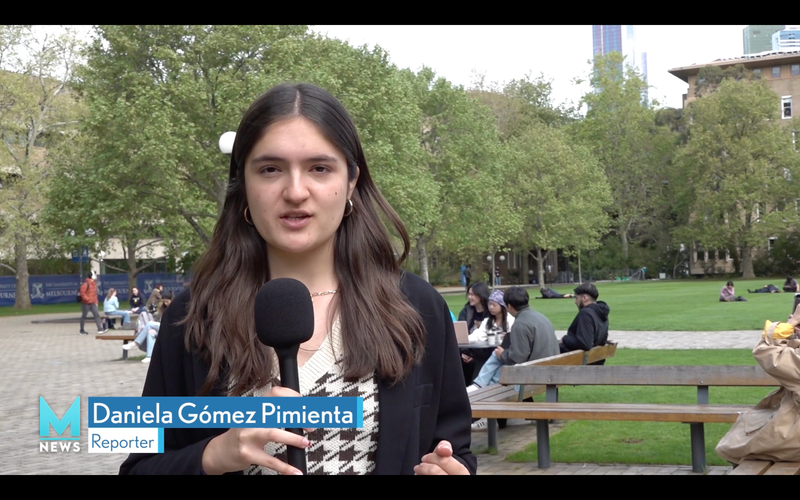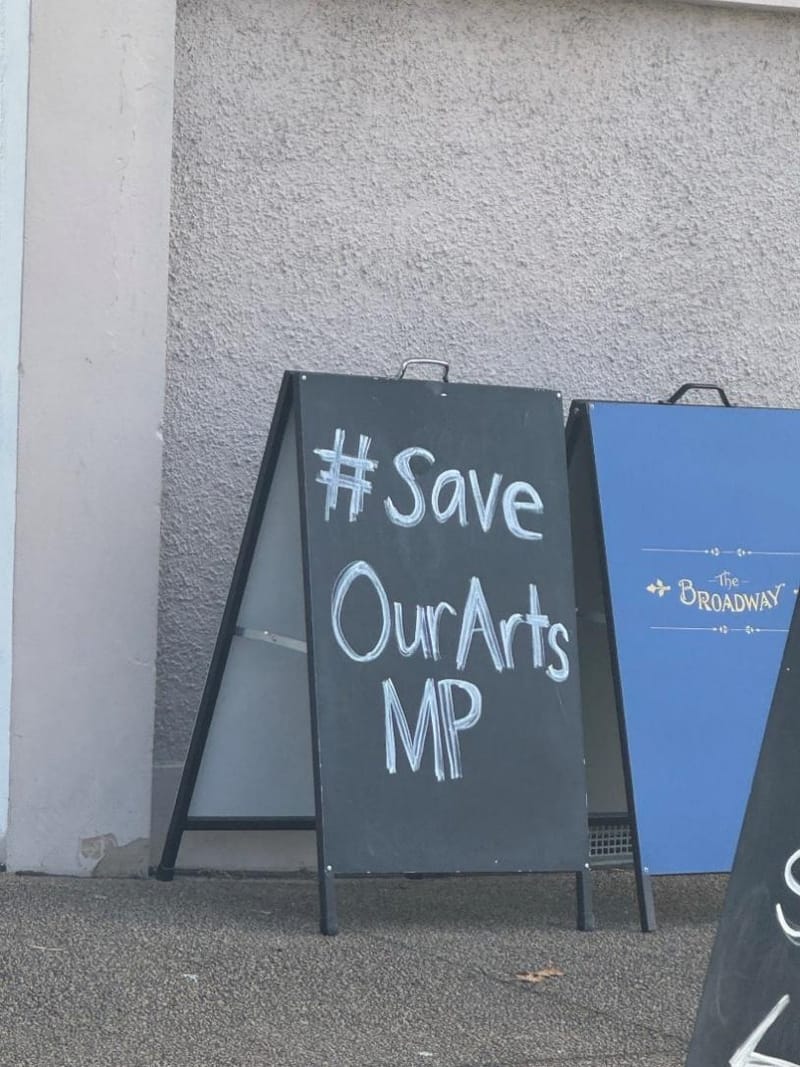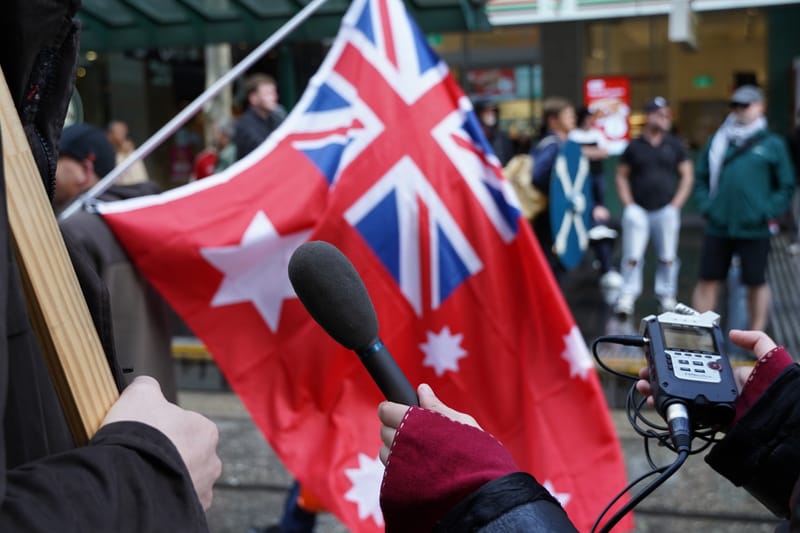Activists rally online for pandemic campaigning
Social distancing measures are forcing activists to find alternative ways to rally their troops.
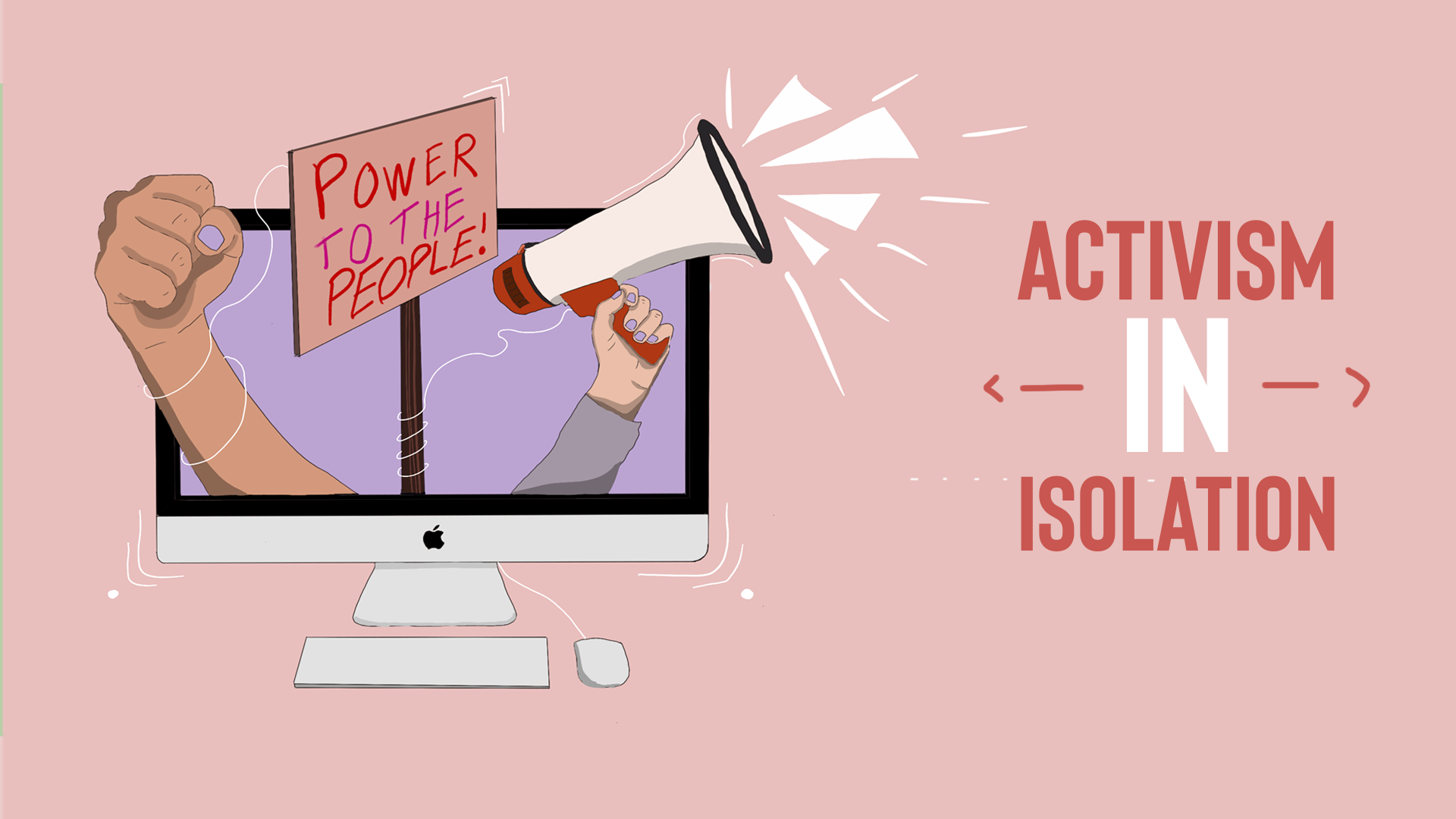
BY SELIN KAYA
Social distancing measures have forced activists to find alternative ways to rally their troops, as COVID-19 brings face-to-face campaigning and mass gatherings to a halt.
Tasmanian Representative to the Australian Youth Climate Coalition (AYCC) National Leadership Team, Chloe McCann, has turned to technology to continue advocating for climate justice.
When the COVID-19 restrictions were announced, Ms McCann said she felt “at a loss” and doubted the effectiveness of her work.
“So much of what I do relies on face-to-face physical contact and, without that, I wasn’t sure how I could be even half as effective in the work that I was doing,” Ms McCann said.
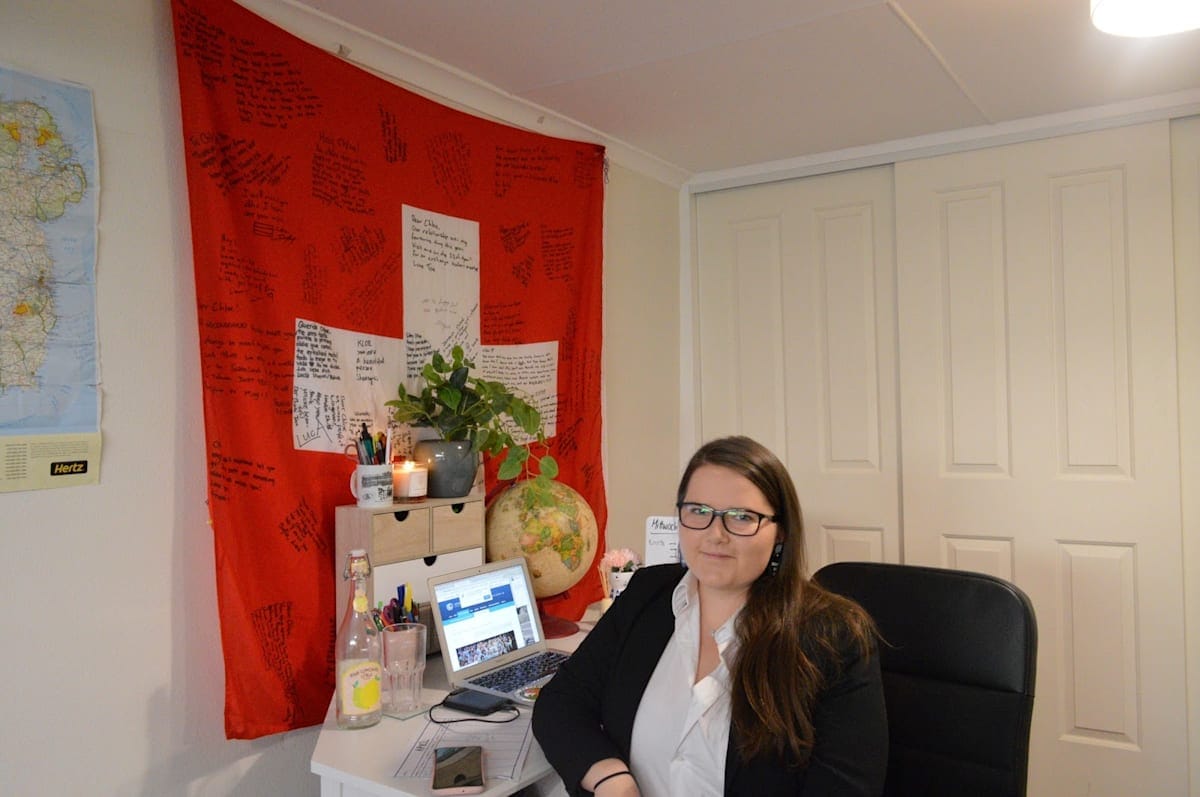
“The best ways I have found to advocate for climate justice in this isolation period have been engaging with webinars,” she said.
Ms Cann uses webinars run by Fridays for Future, a movement that began in September 2018 when global climate change activist Greta Thunberg sat in front of the Swedish Parliament every Friday until the Swedish government accommodated climate change policies in line with the Paris Agreement.
Ms McCann said moving activism online and relying solely on technology has not come without its limitations.
“Often it can be difficult, as technology isn’t always reliable and neither are people in this difficult time,” she said.
“I do think, however, that the skills we are learning through this process are an asset to the movement, and develop us as individuals and professionals.”
South Australian Abortion Action Coalition (SAAAC) member Sophie Green said activism can be practiced throughout everyday conversation, even during these times.
“I think recognising and leaning into the glimmers of hope in this dystopian political and environmental climate is something we all need to learn to do, to ensure sustainable activist practices for the future,” Ms Green said.

“We need to talk about how we practice activism, particularly as we learn to navigate the threats of increased reliance on social media, internet activism and virtual communication,” she said.
“The art I make also has strong conceptual ties to feminism and women’s corporeal experiences, so sharing that online is also a form of activism for me."
Ms Green said activists should also consider more sustainable practices of activism post-COVID-19.
While most are trying to find creative ways to campaign, Australia had its first publicly held protest during COVID-19 on Anzac Day, following in the footsteps of activists flouting socially distancing laws in the United States and Germany.
More than 70 people gathered near Trafalgar Train Station in West Gippsland to protest being locked down on Anzac Day, a time when Australians gathered en mass to commemorate fallen soldiers and war veterans.


